The Nigerian naira witnessed a further decline on Tuesday, 30 January 2024, closing at N1,482 against the US dollar.
This follows a review by FMDQ Securities Exchange of its rate calculation methodology, resulting in Monday’s close at N1,348, before plummeting even further.
Amidst these developments, the Central Bank of Nigeria issued a circular warning against deceptive practices in financial market reporting. The bank emphasized its commitment to combating market manipulation and vowed to impose sanctions on offenders.
READ ALSO: Naira Depreciates To Record Low Of N1,348/$1 At Official Market
Economists and private sector representatives expressed deep apprehension over the situation, foreseeing potential business closures, job losses, and surges in commodity prices and inflation. The Lagos Chamber of Commerce and Industry (LCCI) urged the government to address currency speculators’ activities, warning of imminent factory shutdowns if not curtailed.
The President of the Nigerian Association of Chambers of Commerce, Industry, Mines and Agriculture (NACCIMA), Dele Oye, highlighted the adverse impact on production, stating that the forex crisis stemmed from declining exports.
Small and medium-sized enterprises (SMEs) decried the lack of tangible government actions despite verbal assurances, with the Small Business Owners Association of Nigeria revealing closures and struggles due to inflationary pressure.
READ ALSO: Naira Crisis: ‘Nigeria May Become Like Zimbabwe’
The President of the Coalition Network of Stakeholders in Agricultural Mechanisation, Ola Oladimeji, lamented the consequences on agricultural products, hinting at potential price hikes.
Economic analysts weighed in, attributing the naira’s depreciation to inadequate foreign reserves. Bismarck Rewane emphasized the necessity of addressing the supply gap in the foreign exchange market for any meaningful stability.
While the Central Bank’s efforts to unify exchange rates received commendation, concerns were raised about potential fuel and food price increases. The International Monetary Fund (IMF) representative for Nigeria, Dr. Christian Ebeke, added uncertainty, stating that determining a fair naira rate remains challenging.
“There is also uncertainty in the market. I am not sure that the parallel rate is the ultimate rate. At some point, we may think about a fair naira rate that is probably between what we see in the parallel market and the official market. But it is very difficult while you are still in the transition phase to talk about what is a fair value and what we are seeing”
As the naira continues its downward spiral, experts assert that comprehensive measures addressing supply gaps, inflation, and reserve adequacy are crucial for stabilizing the exchange rate and averting further economic repercussions.

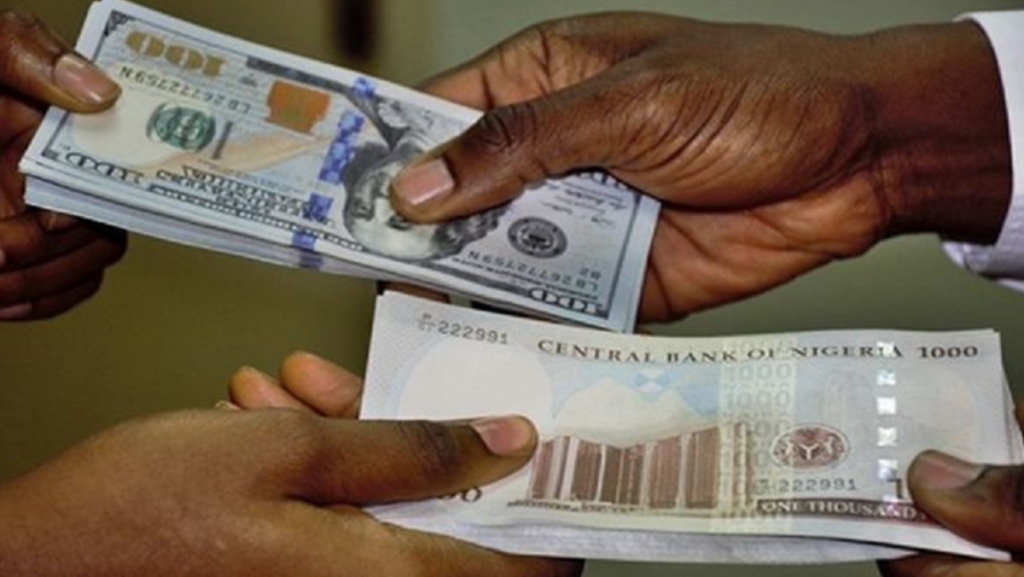


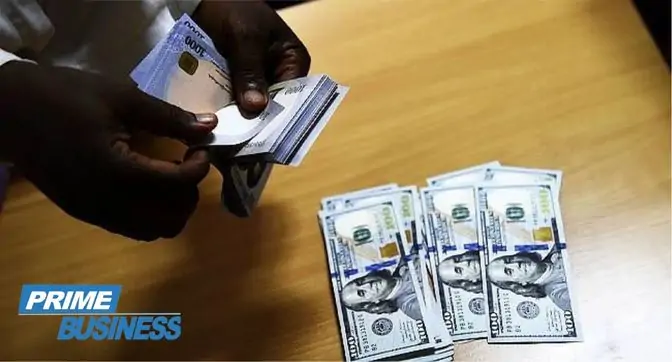
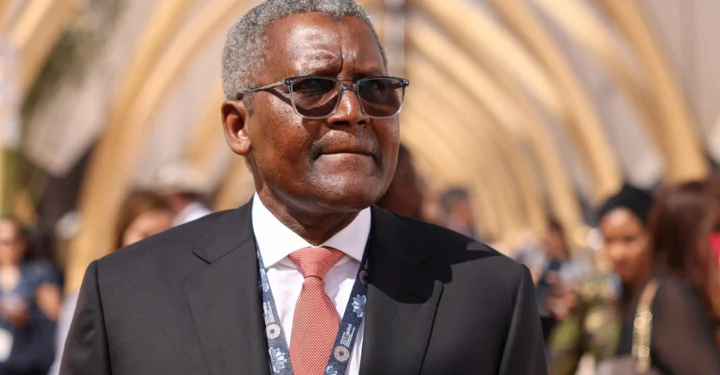








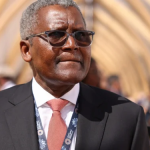
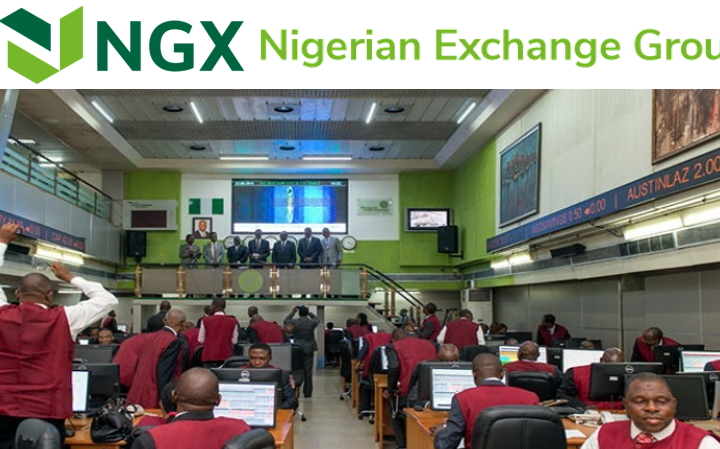
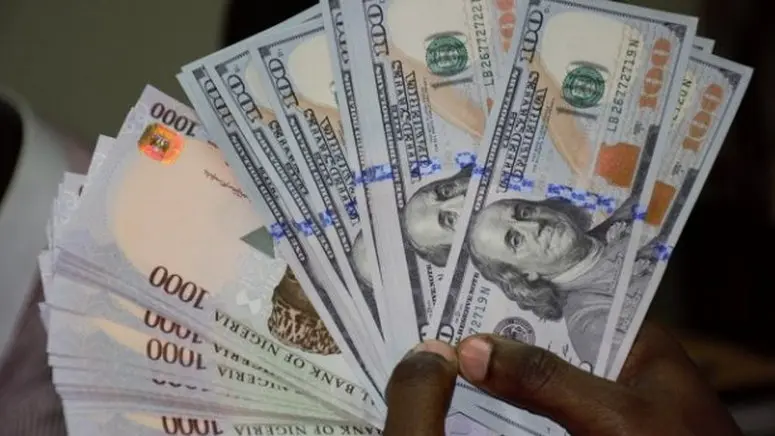
Follow Us